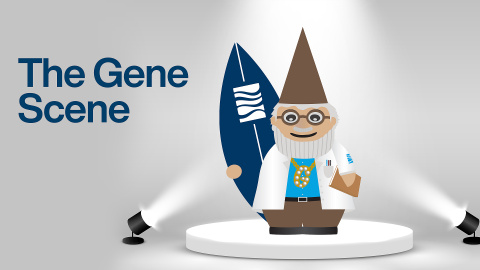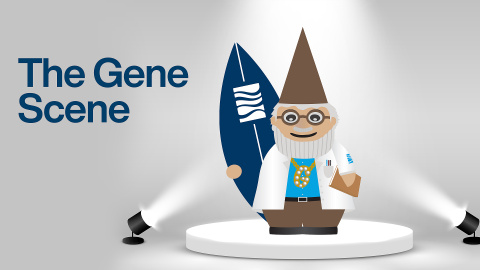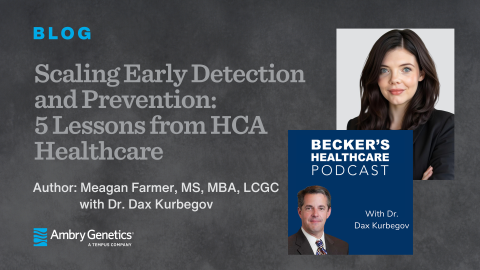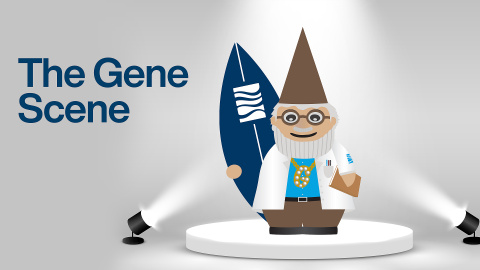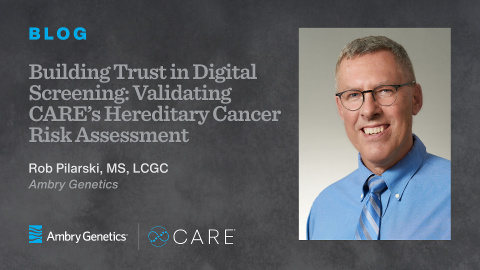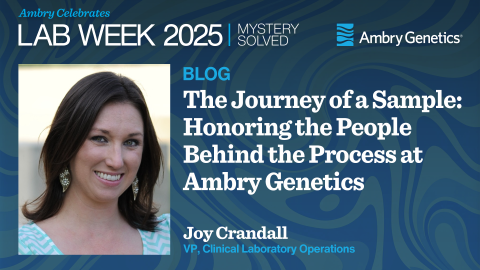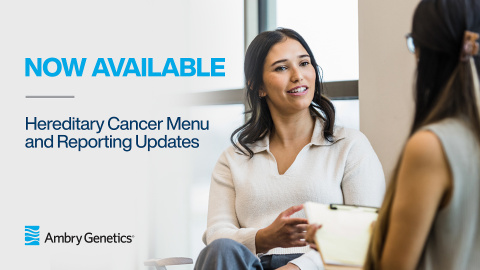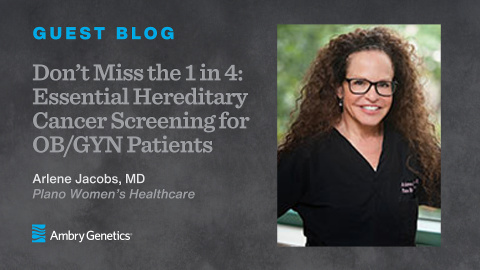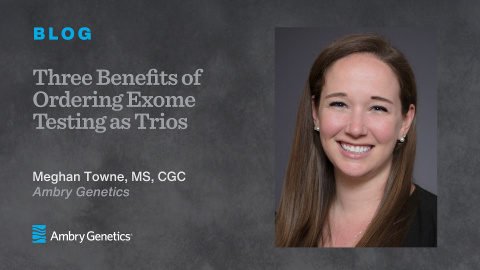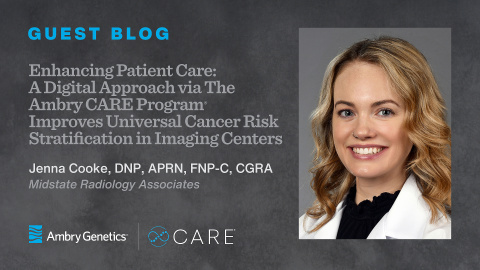- By Katherine Crawford, MS, CGC
- Posted August 19, 2025
The Gene Scene: SCN5A
Welcome to the Gene Scene! Each week, we will explore a gene from the ACMG Secondary Findings list—genes identified by the American College of Medical Genetics and Genomics as having clear, actionable health implications. These genes are included because they’re linked to serious but preventable or manageable conditions when identified…
- By Rebecca Carr, MS, CGC
- Posted August 12, 2025
The Gene Scene: PMS2
Welcome to the Gene Scene! Each week, we will explore a gene from the ACMG Secondary Findings list—genes identified by the American College of Medical Genetics and Genomics as having clear, actionable health implications. These genes are included because they’re linked to serious but preventable or manageable conditions when identified…
- By Meagan Farmer
- Posted August 7, 2025
Scaling Early Detection and Prevention: 5 Lessons from HCA Healthcare
Only a fraction of high-risk individuals ever learns about their inherited cancer risk. But it doesn’t have to be that way. In a recent Becker’s Healthcare podcast, Dr. Dax Kurbegov, Senior Vice President at HCA Healthcare’s Sarah Cannon Cancer Network, shared how his team is closing that gap by building a scalable model for risk assessment…
- By Jessica Gage, MS, CGC
- Posted July 21, 2025
The Gene Scene: PCSK9
Welcome to the Gene Scene! Each week, we will explore a gene from the ACMG Secondary Findings list—genes identified by the American College of Medical Genetics and Genomics as having clear, actionable health implications. These genes are included because they’re linked to serious but preventable or manageable conditions when identified…
- By Robert Pilarski, MS, LGC
- Posted June 26, 2025
Building Trust in Digital Screening: Validating CARE’s Hereditary Cancer Risk Assessment
As a certified genetic counselor who spent eleven years on the National Comprehensive Cancer Network® (NCCN®)'s committee for the NCCN Clinical Practice Guidelines in Oncology (NCCN Guidelines®) for breast, ovarian, and pancreatic cancers, I've witnessed firsthand the challenges clinicians face in accurately identifying patients who meet criteria…
- By Joy Crandall
- Posted April 24, 2025
The Journey of a Sample: Honoring the People Behind the Process at Ambry Genetics
Every April during Lab Week, we pause to celebrate the people whose work powers every test result, every insight, and every life changed through genetic testing. At Ambry Genetics, that celebration runs deep—because it truly takes a village. This year for Lab Week, we are spotlighting something special: the full journey of a sample, and the…
- By Lauren Csukardi
- Posted April 22, 2025
April 2025 Hereditary Cancer Menu and Reporting Updates
At Ambry, we’re continuing our track record of scientific innovation and discoveries with our latest hereditary cancer testing menu enhancements and reporting updates—powered by Ambry Classifi®. Our peer-reviewed, published gene-disease validity (GDV) scheme enables the enhanced assessment and characterization of RPS20 for colorectal…
- By Caitlin Reid, MS, LGC, CGC
- Posted April 11, 2025
Don't Miss the 1 in 4: Essential Hereditary Cancer Screening for OB/GYN Patients
A conversation with Arlene Jacobs, MD, Plano Women’s HealthcareCaitlin Reid, CGC: Dr. Jacobs, you’ve been passionate about screening your patients for hereditary cancer. Can you tell us why you use hereditary cancer risk assessment in your OB/GYN practice? Arlene Jacobs, MD: Many of my patients see me not only as their OB/GYN, but…
- By Meghan Towne, MS, CGC, LCGC
- Posted February 19, 2025
Three Benefits of Ordering Exome Testing as Trios
Exome sequencing, which assesses the protein coding sections of all ~20,000 genes, is an effective genetic test for a variety of clinical indications, but especially for children with neurodevelopmental disorders. Because the testing range is so broad, it is important to have as much supportive evidence as possible to efficiently identify clinically…
- By Jenna Cooke, DNP, APRN, FNP-C, CGRA
- Posted December 18, 2024
Enhancing Patient Care: A Digital Approach via The Ambry CARE Program® Improves Universal Cancer Risk Stratification in Imaging Centers
Identifying individuals at increased cancer risk is crucial for prevention and early cancer diagnosis. Integrating a risk assessment tool into imaging centers supports proactive cancer risk management by combining risk evaluation with immediate diagnostic capabilities. A retrospective study was conducted across 15 Midstate Radiology Associates…
